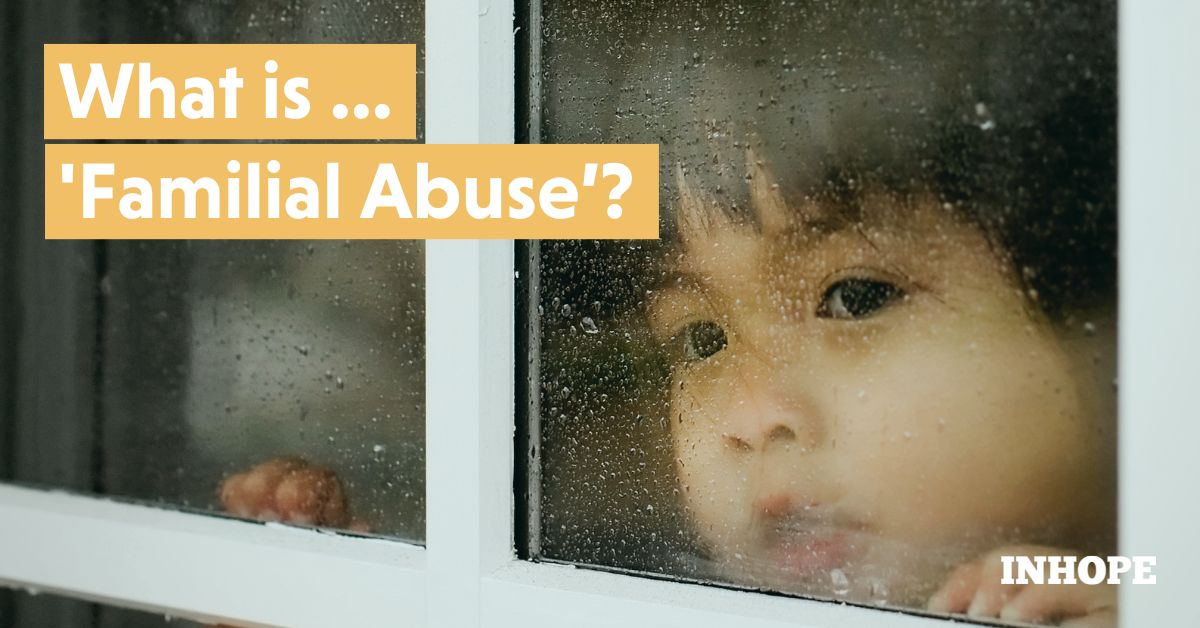Article
Educational Articles
What is Familial Abuse?
Familial abuse is child sexual abuse (CSA) that occurs within the family. Abuse may involve direct relatives like siblings, parents, or grandparents, or others like foster parents or guardians. In some cases, the hands-on abuse can also involve the perpetrator capturing and distributing content of the abuse online for financial gain (familial trafficking).
Abuse in Trusted Circles
Contrary to popular belief, most child sexual abuse occurs within family circles. The closeness, authority and power dynamic between caregivers and children creates circumstances in which abuse is easy to conduct, easy to hide and easy to minimise. The specific power dynamics within a family create an environment that facilitates the normalisation of abusive behaviours. Established trust between parents and children can make it easier for the abuser to justify their abuse. Children subjected to abuse from a young age may struggle to identify coercive tactics used by those they trust. Lack of exposure to healthy relationships further compounds the issue, as many children have no other trusted adults to guide them.
The Harmful Implications of 'Stranger Danger'
Common narratives about child sexual abuse reinforce the harmful misconception that perpetrators are mostly strangers, waiting to abduct kids at playgrounds or schools. Parents, wanting to protect their children, teach them of 'stranger danger,' an outdated concept that warns children that any stranger they encounter might be a predator. While teaching children to exercise caution is important, instilling the 'stranger danger' narrative might close their eyes to any abuse happening within trusted familial circles. The 'stranger danger' narrative can furthermore prevent kids from reaching out for support from adults outside their families, which makes familial abuse even harder to detect.
Preventing Familial Abuse
So, how can we prevent and stop familial abuse through awareness and education?
- Step away from the 'Stranger Danger' narrative. Teach children to exercise caution, but make sure they are aware that abuse can happen in any setting and is even more likely to be perpetrated by people they trust.
- Teach young people to recognise common signs of grooming and abuse. Make sure they understand abuse can take place behind closed doors, even if everything seems normal from the outside.
- Establish safe/code words with your kids that they can use in case anything unsafe happens to them in the company of family members or trusted adults.
- Young people must be provided with safe spaces outside of their family home. Neutral environments like schools, sports groups, or other after-school activities are crucial for children to witness appropriate interpersonal relationships, get to know trusted adults and learn who they can talk to for help.
Familial abuse can be difficult to spot and interfere with, as most of it occurs behind closed doors and within close family circles. If you suspect a child you know is being abused, make sure you follow these steps to ensure you recognise the correct signs.

Contrary to popular belief, most child sexual abuse occurs within family circles.
'